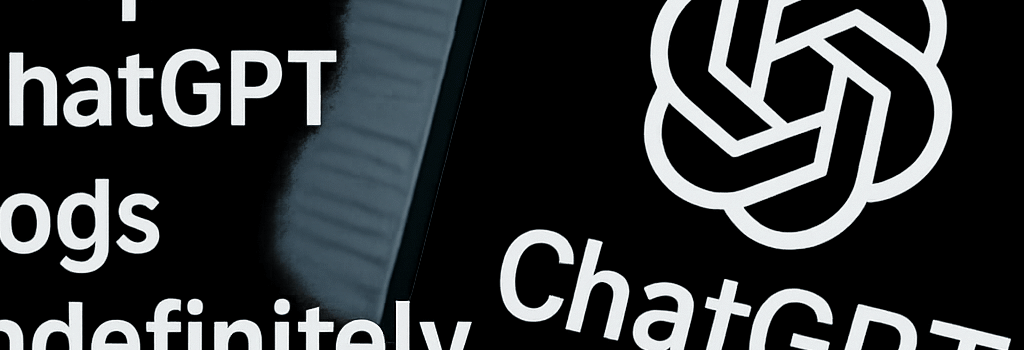OpenAI to Keep ChatGPT Logs Indefinitely After Court Order

Late Thursday, OpenAI addressed widespread concern over a recent court ruling that compels the company to retain all ChatGPT logs—including deleted conversations—indefinitely. The order arises from a lawsuit filed by The New York Times and other news organizations, which argue that users may have prompted ChatGPT to regenerate copyrighted articles to bypass paywalls.
Background of the Court Order
Magistrate Judge Ona Wang granted the plaintiffs’ request within 24 hours, concluding there was “a reasonable possibility” that deleted chats could contain evidence of paywall circumvention. In its court filing, OpenAI stated it must “retain all user content indefinitely going forward, based on speculation that news plaintiffs might find something that supports their case.”
COO Brad Lightcap described the order as an “overreach” and announced plans to appeal to the district court and request oral arguments, hoping user testimony will sway the decision.
Scope of Affected Users and Exemptions
- Affected: ChatGPT Free, Plus, Pro and API users without Zero Data Retention contracts.
- Exempt: ChatGPT Enterprise, ChatGPT Edu customers and API users under Zero Data Retention agreements.
Technical Details of Data Storage
Under the order, logs are stored in AWS S3 buckets with AES-256 encryption at rest and TLS 1.3 in transit. A legal-hold flag triggers S3 WORM (Write Once, Read Many) compliance mode and versioning to prevent deletion. Encryption keys are managed via AWS KMS, isolated by HSM-backed policies and strict separation of duties.
Access Controls and Privacy Safeguards
Only a small, audited legal and security team can access held logs, protected by multi-factor authentication and role-based access controls. All access events feed into a SIEM platform, ensuring immutability of audit trails and real-time anomaly detection.
GDPR and Global Data Privacy Conflicts
OpenAI acknowledged potential conflicts with the EU’s General Data Protection Regulation, especially Article 17’s “right to be forgotten.” Legal experts warn indefinite retention may violate the GDPR’s data minimization principle and could trigger inquiries by European Data Protection Authorities.
Expert Opinions
Data privacy attorney Maria Hernandez of Global Privacy Counsel commented, “Indefinite retention without explicit user consent risks non-compliance with GDPR and increases liability for data breaches.” Security researcher Dr. Leo Sun added, “Centralized, perpetual log stores are high-value targets; strong encryption helps but does not eliminate risk.”
Industry Comparisons
- Google Bard retains user prompts for 30–90 days before automated deletion, unless under legal hold.
- Microsoft Copilot enforces a 90-day retention window, offering enterprise clients extended archival options.
- Amazon Bedrock logs prompts for 90 days to support compliance and service quality monitoring.
Potential Impact on Innovation and User Trust
Some users are migrating to local, open-source models like Meta’s LLaMA to avoid centralized retention. Privacy-focused AI startups may gain traction by offering on-device inference and confidential computing solutions.
Looking Ahead: Legal and Technical Strategies
OpenAI is evaluating confidential computing enclaves (Intel SGX, AMD SEV) to isolate and process logs securely, and exploring differential privacy to anonymize data. Discussions with EU regulators are underway to negotiate retention carve-outs that align with GDPR requirements.
Conclusion
The unfolding court battle will shape how AI companies balance legal obligations with user privacy. OpenAI’s appeal and technical countermeasures may set key precedents for data retention in the AI era.